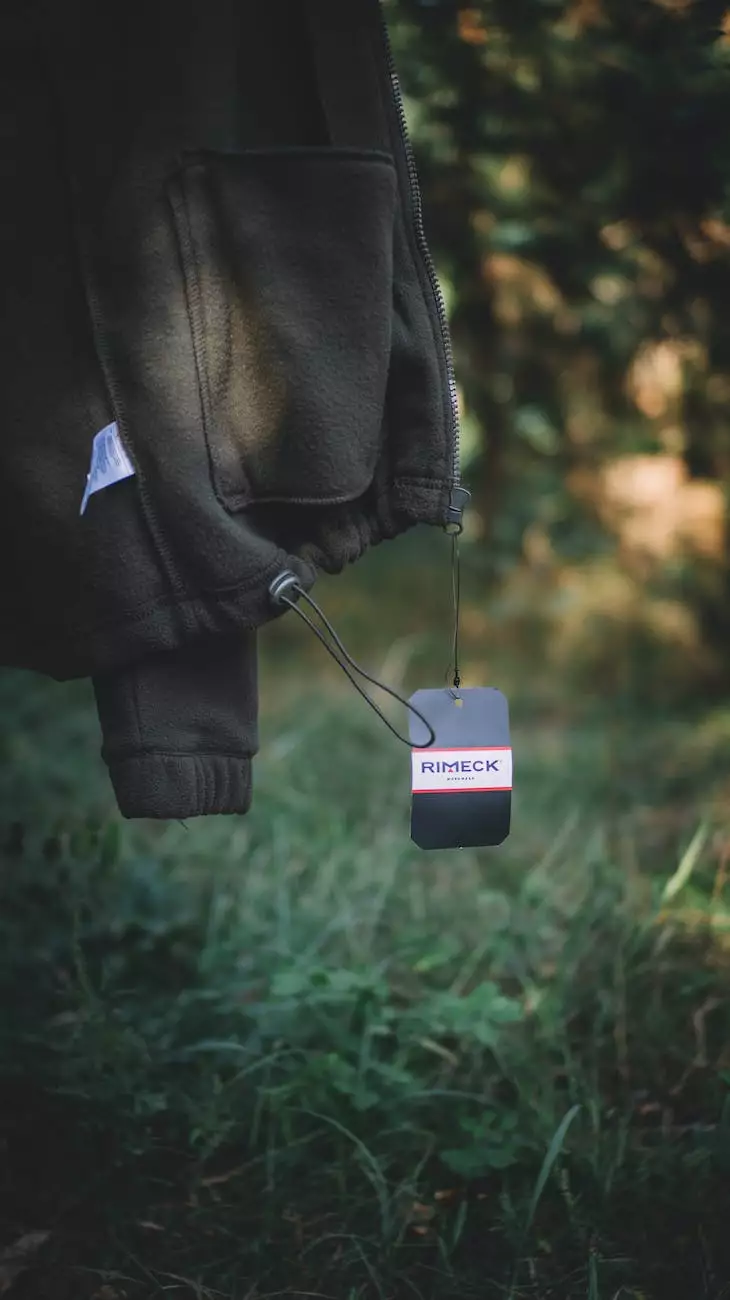408 – Using Bet, I Bet, and Betcha!
English Grammar Lessons
Introduction
Welcome to NJCLT's comprehensive guide on effectively using the terms 'bet', 'I bet', and 'betcha'! These common expressions are often used in various contexts, and understanding their subtle differences can greatly enhance your conversational skills. In this guide, we will explore their meanings, usage, examples, and provide insights on how to incorporate them naturally into your everyday conversations.
Understanding 'Bet'
The word 'bet' is versatile and can be used as a noun, verb, or even part of idiomatic expressions. As a noun, it refers to a wager or a prediction on an outcome. For example, "I made a bet that my favorite team would win the game." As a verb, 'bet' signifies making a wager or expressing confidence in something. For instance, "I bet you can't solve this puzzle in under a minute." Lastly, when used in idiomatic expressions like "You bet!" or "You betcha!", it conveys agreement or confirmation. These idioms are informal and are commonly used to express strong affirmation or certainty about something.
Exploring 'I Bet'
'I bet' is an informal expression used to indicate agreement, affirmation, or to express confidence in a statement. It is commonly used to show one's belief or acceptance of a proposed outcome. For example, "I bet that movie is going to be a big hit," suggests that the speaker has confidence in their prediction. It is important to note that 'I bet' is colloquial and may not be suitable for formal settings or professional conversations.
Unpacking 'Betcha'
'Betcha' is an informal contraction of "bet you." It is often used in colloquial speech to suggest a high level of confidence or certainty in a statement. For instance, "I betcha it's going to rain tomorrow!" This contraction adds a sense of informality and familiarity to the expression. Similar to 'I bet', 'betcha' is not commonly used in formal or professional settings.
Examples and Usage
To further clarify the usage of these terms, let's explore some examples:
Example 1:
Person A: "Do you think she'll pass the test?"
Person B: "I bet she will ace it!"
Example 2:
Person A: "Will he make it on time?"
Person B: "Betcha he'll arrive earlier than expected!"
Example 3:
Person A: "It looks like it's going to rain today."
Person B: "I bet it will clear up in the afternoon."
Conclusion
By now, you have gained a comprehensive understanding of the versatile terms 'bet', 'I bet', and 'betcha'. Remember to use these expressions appropriately in the right context. They are valuable tools to express confidence, agreement, and add color to your conversations. Practice using them naturally, and soon enough, they will become an integral part of your everyday communication.
Related Articles
- Mastering Idiomatic Expressions for Fluent Conversations
- Effective Communication Techniques for Better Interactions
- Navigating Conversational Slang: From Familiar to Fluent










